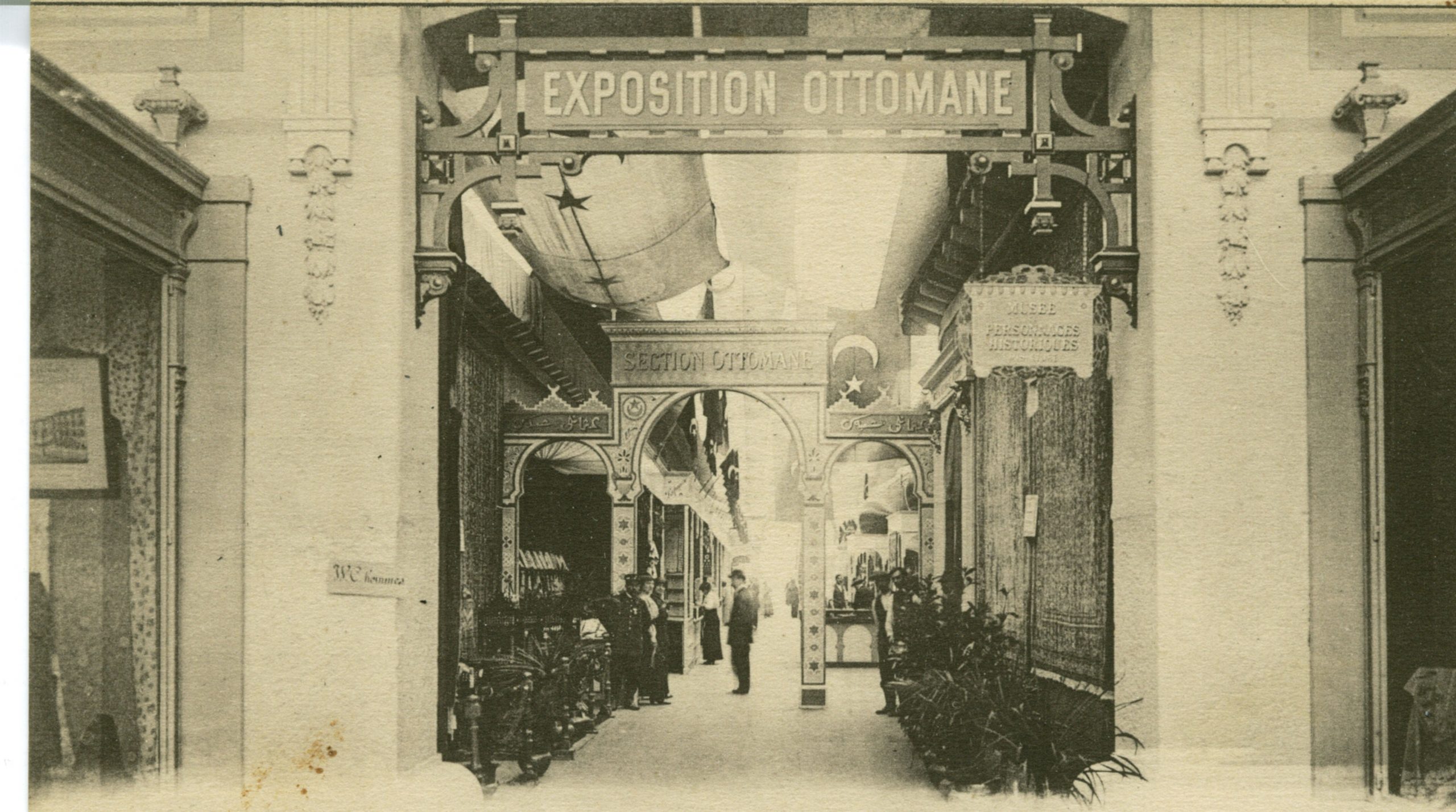Political Economy of Trade Fairs and the Making of the Modern Middle East (1882-1939)
Semih Gokatalay
History
UC San Diego
My dissertation is an economic and political history of the Middle East as experienced through trade fairs. Based on a variety of primary and secondary sources, it explores the role of trade fairs in the making and negotiation of the modern Middle East from 1882—when the first indigenous chamber of commerce was established—to the advent of the Second World War in 1939. Each chapter examines a different theme of trade fairs in terms of their contribution to the development of the government-business nexus in the region, as well as the economic and diplomatic relations between the Middle East and the Great Powers. The first part deals with the late Ottoman Empire, with a specific emphasis on the way in which Ottoman fairs emerged as a result of coalitions of private and public interests. The second part examines the interwar years during which fairs put businessmen from different societies and cultures in the Middle East in direct contact with one another. In short, the project portrays the development of capitalist classes in a late industrializing region as it places the case of the Middle East into the broader context of global economic and business history.

